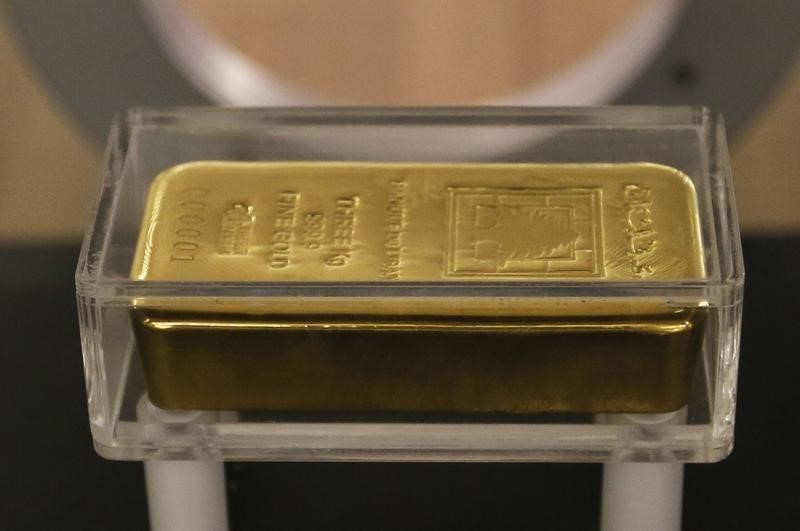By Veronica Brown and Pratima Desai
LONDON (Reuters) - Speculators have confirmed what everyone else has been thinking: expect more falls in commodities, as worries about China and higher interest rates combine with waning sentiment to suggest markets are heading further south.
But while more losses are certain, their scope could be limited because a large number of speculators have already made bets that prices will fall.
Commodities from iron ore, to oil, grains and gold have shed value as the current extended price boom, or "super-cycle", wanes.
Losses are not new, with oil and gold having peaked in July 2008 and September 2011 respectively, while iron ore has been on a downtrend since January 2011 and has shed more than 70 percent since that time. Most are now at multi-year lows
The Thomson Reuters Commodities Research Bureau index (TRJCRB) slid 10 percent in July to its lowest levels since the low point of the global recession at the start of 2009.
But that may not be all.
"There could be more losses to come because I think people are still trying to work out all the moving parts," said Frances Hudson, global thematic strategist at Standard Life (LONDON:SL) Investments.
"It will depend on the individual commodities because at the end of last week it was becoming a sentiment driven event, everyone was just dumping commodities."
Last Friday's U.S. Commodity Futures Trading Commission (CFTC) reports showed hedge funds and other money managers slashed their bets on gains in U.S. crude prices to the lowest level in five years, while they also bet on lower gold prices for the first time in at least a decade. They reaffirmed expectations for copper to fall.
"It would be dangerous to suggest we have seen a bottom," said Nic Brown, head of commodity strategy at Natixis.
But he said unremitting negative sentiment might, paradoxically, be a sign that the bottom of the market is at hand.
Money managers have taken positions that suggest they believe prices of wheat will fall and soybeans will not rise.
DEFLATIONARY BACKDROP
"Overall its quite a deflationary environment that commodities are currently in and that's nothing unusual – its actually quite characteristic for a super-cycle, said Norbert Ruecker, head of commodity research at Julius Baer.
For products priced in dollars the prospect of higher interest rates makes those resources more costly.
But what's really concentrated minds is trouble in China.
Concerns over Chinese growth slowing have worried investors for some time due to its place as a consuming giant, accounting for almost half of global copper demand, 70 percent of iron ore consumption and competing with India to be the biggest gold consumer.
China's economy is seen growing at 7 percent this year, the slowest in a quarter of a century. That isn't new, but recent sharp falls in its stock market are unsettling even the most resilient investors.
On Monday Chinese stocks saw their biggest fall in eight years, despite dramatic moves by authorities after shares crashed in previous weeks.
"Massive losses on the Chinese equity markets ... are likely to compound the concerns about a weakening of Chinese oil
demand," Commerzbank (XETRA:CBKG) said.
Societe Generale oil analyst Michael Wittner suggested the current collapse in oil may soon have run its course as prices are now below breakeven costs for producers of shale oil, a source of supply that has weighed on oil markets.
"Our view is that the global oversupply and upcoming seasonal weakness are becoming increasingly priced in," he said.
"On the other hand, in the next couple of months, even if the global oversupply and seasonal weakness are becoming priced in, it is also difficult to see where any price uplift will come from."
The convergence of China's rout and prospective U.S. rate hikes is most profound in the gold market - with forecasts being continually adjusted lower in recent weeks.
Deutsche Bank expects to see lower gold prices as markets adjust to a U.S. interest rate "lift-off".
"It is sobering to think that gold prices would need to fall to around $750 to bring prices in real terms back towards long run historical averages," the bank said in a note to clients.
There are some bright spots however.

Fund sources said Chinese funds, which have been instrumental in building up and knocking down several markets, are considering taking long positions in agricultural products such as corn, soy and palm oil in the next few months, aiming to benefit from any crop damage caused by an El Nino weather pattern.